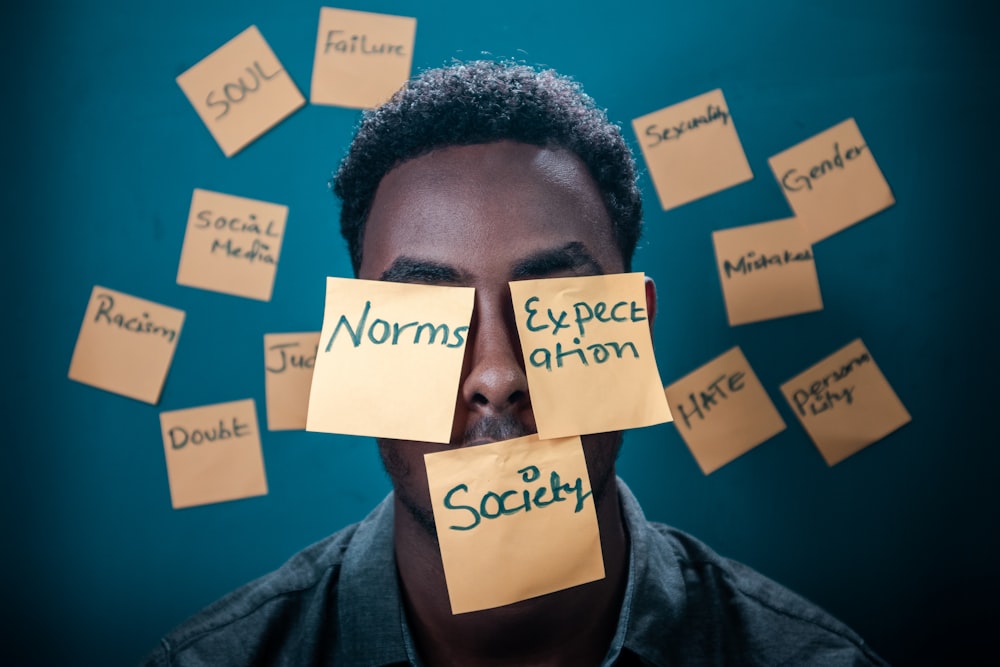
COMMENT Dyoniz Kindata 21 May 2021
“I have a dream that my four little children will one day live in a nation where they will not be judged by the color of their skin but by the content of their character.”
– Rev. Dr. Martin Luther King Jr 1963[1]
This statement, by Martin Luther King is about his dream of a heterogeneous society in which people should not be categorized based on the color of their skin but their character. This would be a society that promotes justice and equality among all individuals. In this blog post I aim to give a critical reflection on some relevant issues of anti-racism by highlighting the fact that anti-racism is not innate, which means that it can be achieved through a process of becoming familiar with reading literature and learning about racism and anti-racism. Reference is made to an early East African travelogue by Selim bin Abakar in 1901, who was an aide-de-camp in transporting German steamer from Germany through the African interior to Lake Nyassa in East Africa. Elsewhere, I will explore the different identities that were given to him as an African in the diaspora in more detail. I am interested in the question where he was confronted with being an African and more general in the relevant identities ascribed to people of color in the diaspora. As an African in the Diaspora, he was given different identities, which is of course expected of anyone who travels. Where was he confronted with being an African? What are relevant identities ascribed to people of color in the diaspora? These and other questions will be explored.
Projecting his experiences on my own life, I also find myself with several shoes since I live in Germany. Thinking back to when I once was in Tanzania, I did not hear about let alone was confronted with racism. But of course, I heard a little bit about tribalism, especially about the fights between farmers and herders of different tribes. But that was not based on skin color at all. It was clear to me that racism was more of an American or Western term. Later, when I arrived in Germany, I started to develop a different view on what racism is, drawing from what I heard, experienced and read in the newspaper.
On the question of identity – Who is a person? What characteristics distinguish a person from others? – we note the following from Selim’s travelogue:
“Since they had never seen a dark-skinned man before, they thought he was a devil (shetani) who had descended the mountains to do them harm.’’
– Selim in Velten 1901:293 [2]
Here Selim is seen as a devil in Siberia because people were not used to seeing a person of black color. People ran away from him out of fear, even though he traveled there on an official mission accompanied by his supervisor. These and other attributes are monumental examples of how Africans or People of Color are given new identities. My main argument is based on the fact that people need to be educated about racism to deal with it well. One way is to read books, topics about racism and anti-racism should be included in school curriculums so that children are introduced to the issue early. Most importantly: Be an ally. Embrace this struggle as if it was your own. This will help an individual to know multiple dimensions and how to perceive others in the community in which we live. There is an African concept known as Ubuntu, which means I am because we are. My appeal is that we should create unity and avoid separation and hatred because we are all human beings.
Dyoniz Kindata, is a Master’s student in African Verbal and Visual Arts with a focus on Swahili Studies at the University of Bayreuth. His research interests are related to literature in African languages. He is currently writing his master’s thesis, which focuses on identity and its formation in one of the earliest Swahili travelogues of Selim bin Abakari in German East Africa. He is also the chairman of the Model African Union Bayreuth and president of the Management Board of the said institution.
[1] King, Jr Mart Luther. 1963. I have a Dream a Speech delivered at the Lincoln Memorial, Washington D.C. Retrieved on 09.05.2021 from: https://www.americanrhetoric.com/speeches/mlkihaveadream.htm
[2] Velten, Carl. 1901. Schielderungen der Suahili von Expeditionen v. Wissmanns, Dr. Bumillers, Graf v. Götzens, und anderer. Göttingen: Dandenhoed & Ruprecht.